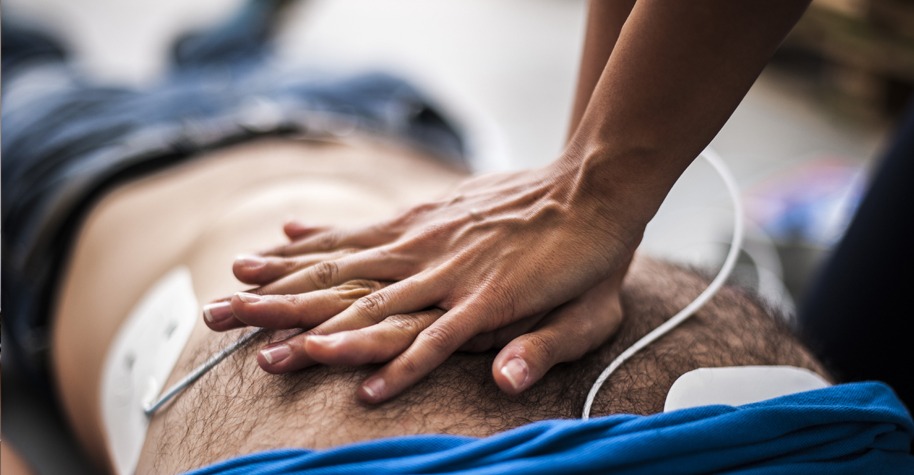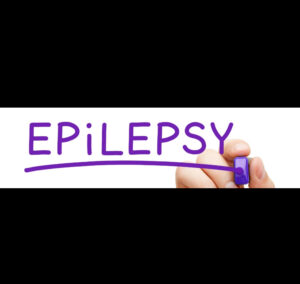February 07, 2023
Personal health preparedness isn’t only about collecting supplies. Level up your emergency preparedness. Learn practical skills you can use to help yourself and others. Here are 10 skills you can learn to prepare for an emergency, in no particular order.
- How to wash your hands the right way. Washing your hands is one of the most effective ways to prevent the spread of germs. Clean hands can help stop the spread of respiratory and diarrheal infections from one person to another. Follow these five steps to wash your hands the right way every day, including during an emergency.
- How to administer CPR. Cardiopulmonary resuscitation (CPR) can help save a person’s life if their breathing or heart stops. You don’t need a special certification or formal training to perform CPR, but you do need education. Hands-only CPR is simple to learn and easy to remember.
- How to work an automated external defibrillator (AED). AEDs give step-by-step voice instructions, but training is still recommended. Classes can teach you how to recognize the signs of a sudden cardiac arrest, when to call emergency medical services, how to administer CPR, and how to use an AED.
- How to use a portable generator. Portable generators produce a poison gas called carbon monoxide (CO). The risk of CO poisoning increases after an emergency. Sixteen of the 129 Hurricane Irma-related deaths in Florida, Georgia, and North Carolina were because of CO poisoning.(1) If using a generator during a power outage, remember to always
- place it outdoors at least 20 feet away from any window, door, or vent.
- operate it in a dry area.
- use a battery-powered or battery back-up CO detector.
- How to perform first aid. The risk for injury during and after an emergency like a natural disaster is high. Prompt first aid can help heal small wounds and prevent infection. It is important to know how to care for cuts, burns, and other kinds of injuries. Keep a well-stocked and maintained first-aid kit that includes an emergency first-aid reference guide.
- How to stop severe bleeding. Serious injuries can cause heavy bleeding. A person who is bleeding can die from blood loss within five minutes. If you are a bystander to a medical emergency, you are the help until professional help arrives. Learning what to do in a bleeding emergency, including how to apply a tourniquet, can save a person’s life. A tourniquet is a last resort if applying pressure does not stop the bleeding.
- How to help someone who is choking. Fast action can save the life of someone who is choking. Young children are at especially high risk of choking. They can choke on foods like hot dogs and grapes, and small objects like toy pieces and coins. Learn when and how to do back blows and perform abdominal thrusts.
- How to turn off utilities. Household utilities can pose potential health and safety threats after an emergency. Know where and how to turn them off in the aftermath of a natural disaster like an earthquake. Contact your utility providers with questions.
- How to use a fire extinguisher. Use fire extinguishers on small fires only. When operating a fire extinguisher, remember the acronym PASS:
- Pull the pin.
- Aim low at the base of the fire.
- Squeeze the lever slowly and evenly.
- Sweep the nozzle from side to side.(2)
- How to call 9-1-1. While making the call is easy, you may not know what to expect when you call. Prepare to answer questions about yourself and the emergency. Your answers help the call-taker get the right kind of help to you. Also, don’t hang up until the call-taker instructs you to do so. Many 911 centers can tell you how to help until professional help arrives.(3)
Honorable mentions include learning how to keep food safe after an emergency, how to make water safe, how to administer naloxone, and how to perform seizure first aid.
Resources
- Three Things You May Not Know About CPR
- Emergency Wound Care After a Natural Disaster
- Safety Skills, FEMA
References
- https://www.cdc.gov/mmwr/volumes/67/wr/mm6730a5.htm
- https://www.usfa.fema.gov/prevention/outreach/extinguishers.html
- https://www.911.gov/calling-911/
Thanks in advance for your questions and comments on this Public Health Matters post. Please note that CDC does not give personal medical advice. If you are concerned you have a disease or condition, talk to your doctor.
Have a question for CDC? CDC-INFO (https://www.cdc.gov/cdc-info/index.html) offers live agents by phone and email to help you find the latest, reliable, and science-based health information on more than 750 health topics.
Original Article – https://blogs.cdc.gov/publichealthmatters/2023/02/10-skills/





